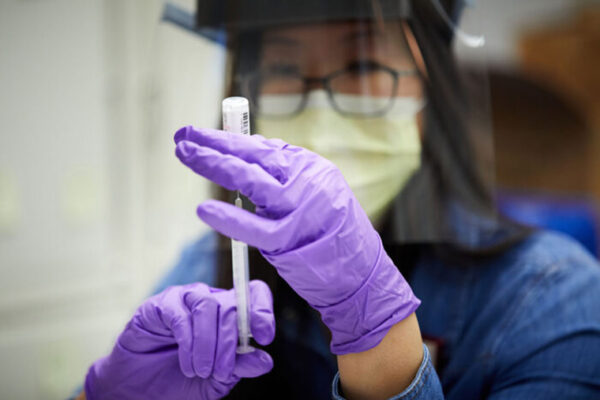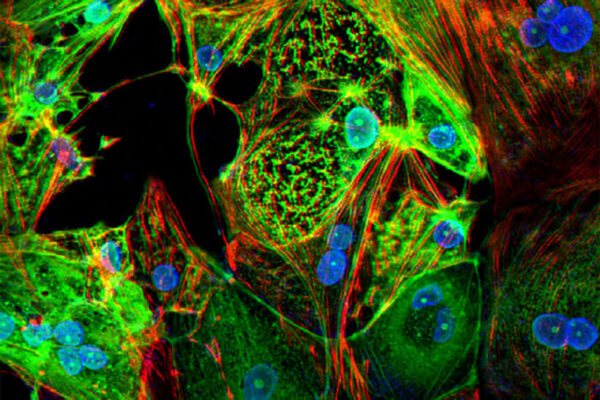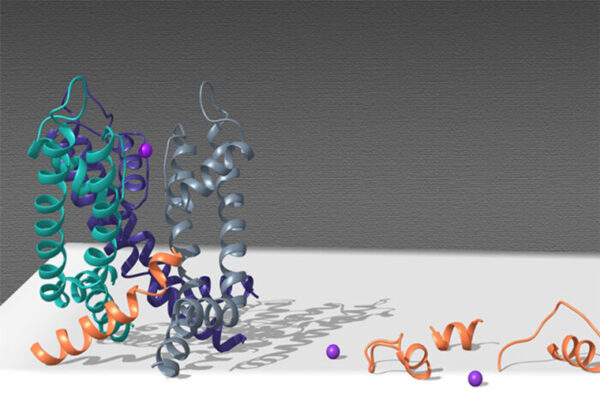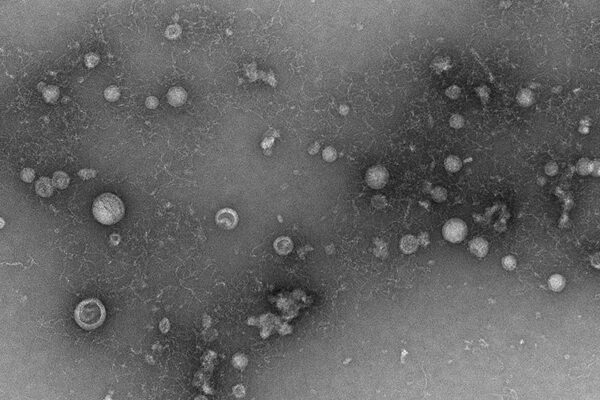International Alzheimer’s clinical trial to test tau drugs
A worldwide clinical trial aimed at finding treatments for Alzheimer’s disease has expanded to include investigational drugs targeting a harmful form of the brain protein tau. The trial is led by Washington University School of Medicine.
Foodborne fungus impairs intestinal wound healing in Crohn’s disease
A foodborne fungus that is harmless to most people exacerbates gastrointestinal symptoms in people with Crohn’s disease by preventing intestinal ulcers from healing, according to a new study from the School of Medicine and the Cleveland Clinic.
Promising role for whole genome sequencing in guiding blood cancer treatment
A new study from the School of Medicine shows that whole genome sequencing is at least as accurate — and often better than — conventional genetic tests that help determine the treatment for a patient’s blood cancer.
Walking pace among cancer survivors may be important for survival
A new study from Washington University School of Medicine in St. Louis and the National Cancer Institute finds a possible link between slow walking pace and an increased risk of death among cancer survivors.
New evidence COVID-19 antibodies, vaccines less effective against variants
School of Medicine researchers have found that new variants of the virus that causes COVID-19 can evade antibodies that work against the original form of the virus, potentially undermining the effectiveness of vaccines and antibody-based drugs being used to prevent or treat COVID-19.
COVID-19 can kill heart muscle cells, interfere with contraction
A study from Washington University School of Medicine in St. Louis provides evidence that the coronavirus that causes COVID-19 can invade and replicate inside heart muscle cells, causing cell death and interfering with heart muscle contraction.
Electrical signaling in cells focus of $8.8 million grant
Researchers at Washington University School of Medicine have received an eight-year, $8.8 million grant to study ion channels as potential targets for new drugs to treat disorders affecting the brain, heart and muscles.
New strategy blocks chronic lung disease in mice
A new study from Washington University School of Medicine in St. Louis has uncovered a previously unknown role for exosomes in inflammatory respiratory diseases. The study has implications for finding new therapies.
New book comes face to face with misdiagnosis
New York Times bestselling author Susannah Cahalan confronts her own journey with misdiagnosis in her latest publication, The Great Pretender.
What GameStop can teach us about lottery-like short squeezes
Although brick-and-mortar companies like GameStop and AMC Theaters have given investors reason to count them out of stock market success, a huge surge via a “short squeeze” was both predicted and expected in recent research by an expert at Washington University in St. Louis.
View More Stories









